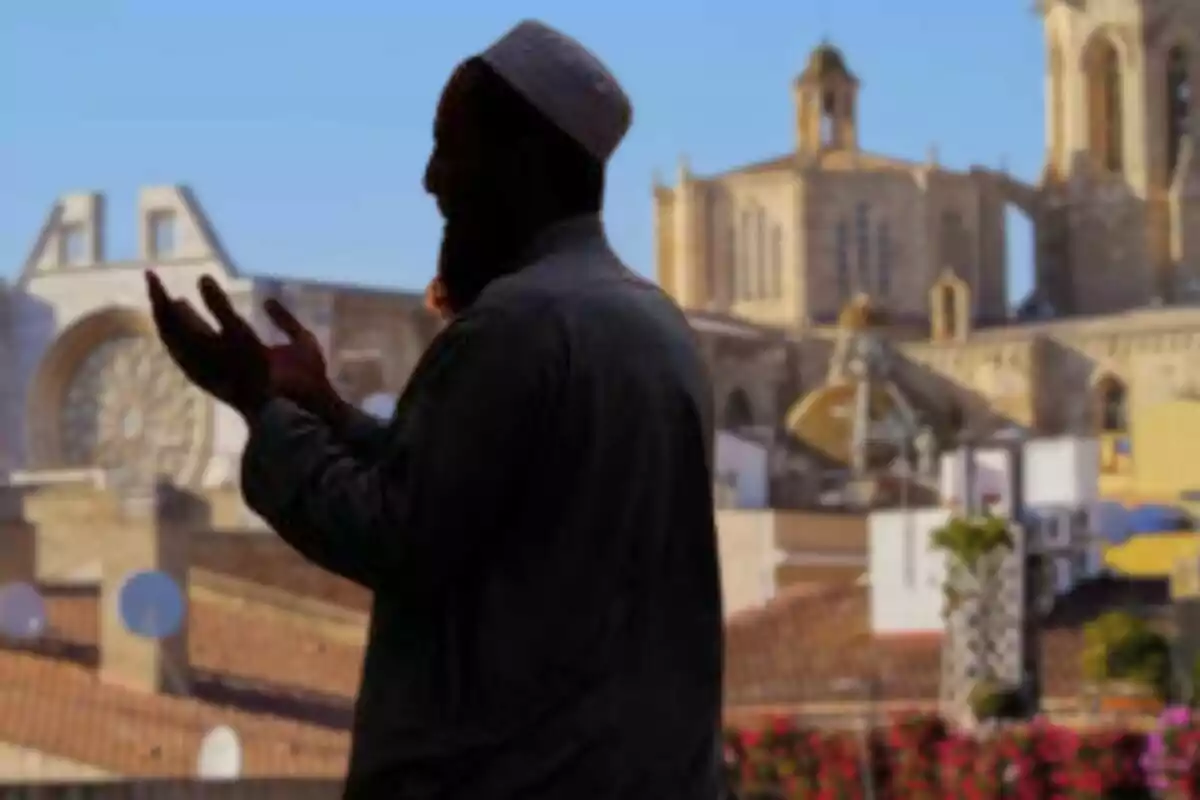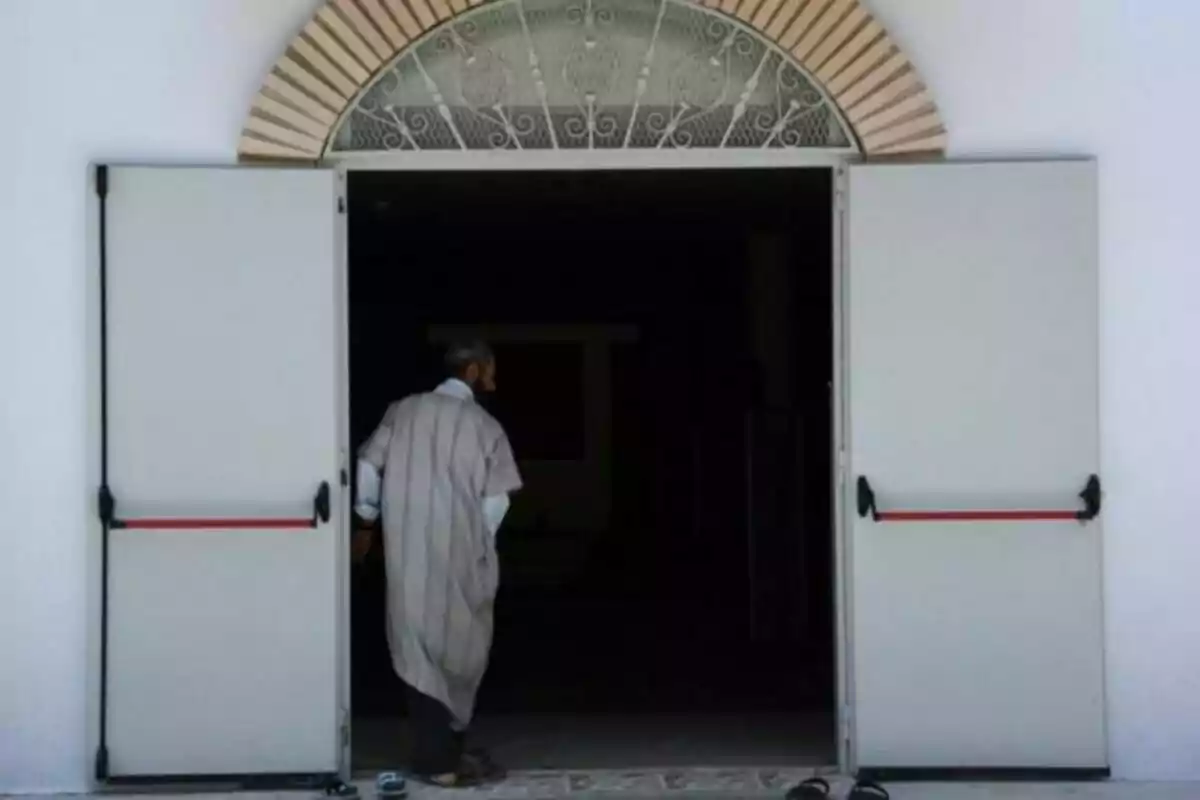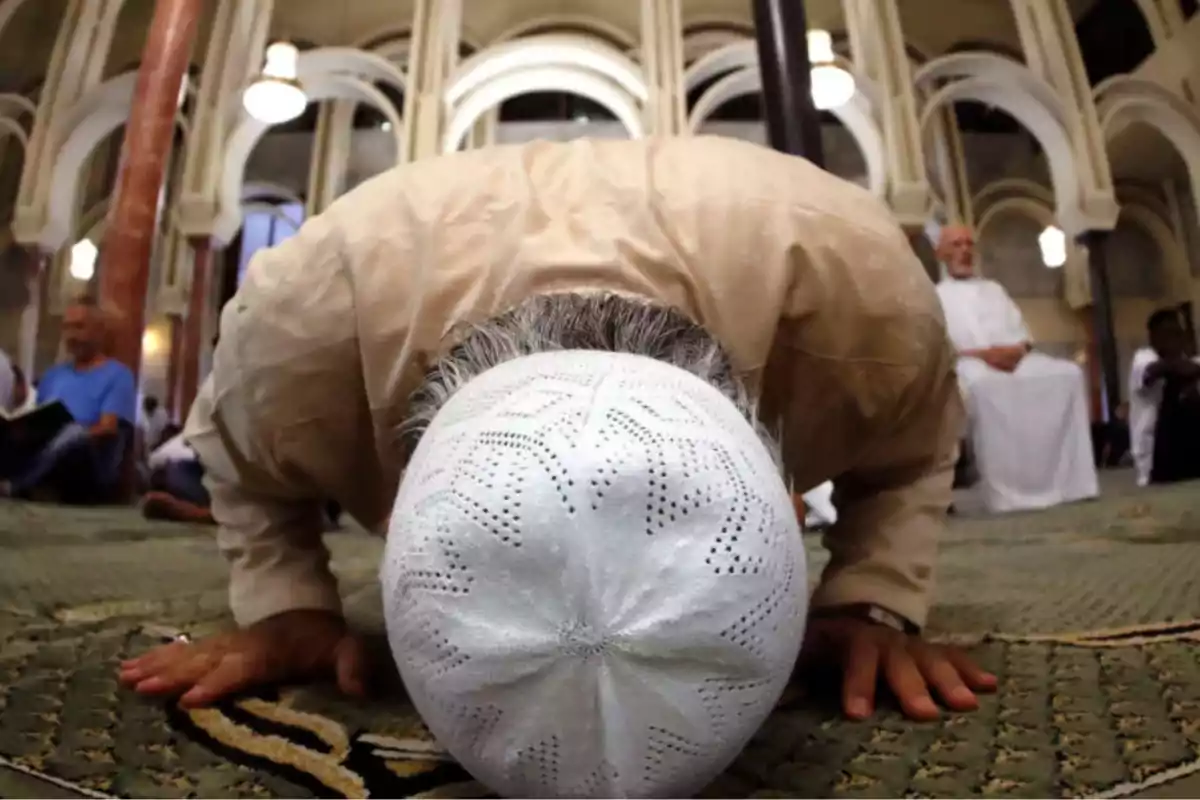
Tarragona establishes itself as a new hub of Islamization in Catalonia
The province has increased from 20 to 37 mosques in twenty years, and Arabic is taught in 32 educational centers
The progressive increase in the Islamic population and its cultural establishment is generating an intense debate in Catalonia. Parties such as Vox and Aliança Catalana denounce an accelerated process of Islamization in Catalonia, fostered by the authorities themselves. They cite as examples the proliferation of Islamic organizations and places of worship, as well as the introduction of Arabic in classrooms.

Vox is one of the parties that has denounced the rapid advance of Islamism in the province of Tarragona. Moreover, this Catalan territory has recently been the scene of controversies, such as the celebration of a festival exalting the Moroccan regime.
Given this, it is worth asking what the real situation is in the regions of Tarragona, and whether there is truly an Islamization taking place.
90% more mosques in 20 years
First, the increase in mosque construction in the province of Tarragona over the past twenty years is striking. In 2004 Tarragona, along with Lérida, was the Catalan province with the fewest Islamic places of worship. In just two decades, it has gone from 20 to 37, which represents a 90% increase.
In 2004 there were 139 Islamic places of worship in Catalonia, while now there are 284 registered. That is, there has been a 104% increase in twenty years. However, in the provinces of Lérida and Gerona, despite the significant increase in the population of Islamic origin, there has not been a significant construction of new mosques.
In these regions, Muslim communities usually use premises or spaces provided by other organizations or by individuals to carry out their activities. This doesn't exclude the danger of radicalization. Gerona, in particular, has been one of the territories under police scrutiny due to the proliferation of Salafist mosques.

The reality is that the burden of mosque growth falls on the provinces of Barcelona and Tarragona. In the capital alone, there are currently 36 mosques, ten of them concentrated in the 42 sq. mi. (110 km²) of Raval. In addition, there are 8 mosques in Santa Coloma de Gramenet, 7 in Terrassa, 6 in Sabadell, and 5 in Badalona and L’Hospitalet.
As for Tarragona city, the city already has seven mosques and the opening of a new large center is planned. The rest are spread across about twenty towns. The Islamization of Reus is particularly striking, as in 2020 there were two mosques and now there are five.
Less integration and more segregation
In Tarragona there has been a significant increase in the population of Islamic origin, which stands at over 8%, double the Spanish average. Reus, once again, stands as the epicenter of this reality with 10% Muslims.
As in Gerona, the construction of mosques has also led to an increase in the radicalization of these communities. Last year, Torredembarra was chosen as the venue for the Islamist congress where radical preachers were going to participate. The event ended up being suspended precisely thanks to the pressure exerted by Vox.
Another aspect of Islamization in Tarragona is the penetration of Arabic education in schools. According to the Generalitat, 19 municipalities in Tarragona have schools where Arabic and Moroccan culture classes are taught. These are 32 educational centers where these classes are taught by officials from the Government of Morocco.
In short, Tarragona is experiencing a rapid process of Islamization with the approval of local and regional authorities. A process that, instead of promoting integration as its promoters claim, actually increases segregation.
More posts: